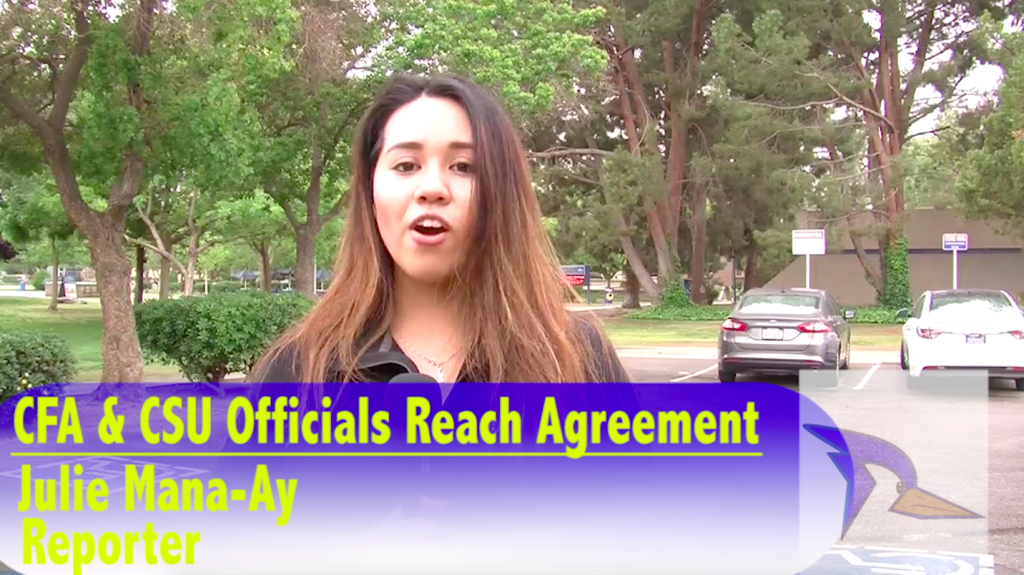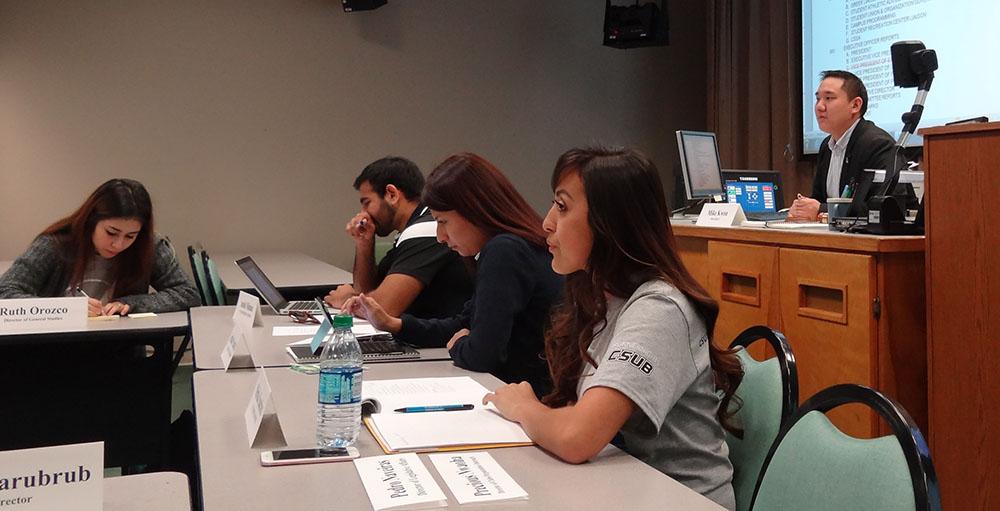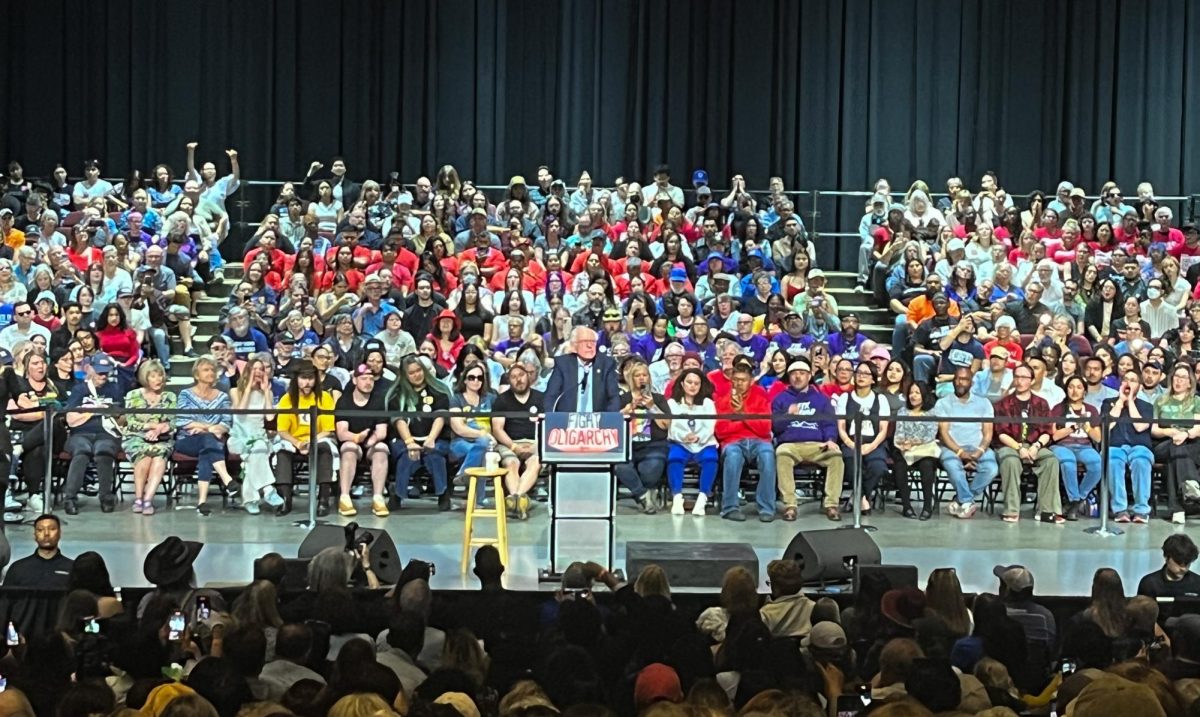News Editor
The California Faculty Association announced on Nov. 4 that 94.4 percent of voting faculty supported a strike for higher wages, with 80 percent of union members participating in the vote.
Voting was held from Oct. 19 to 28 to gauge how much support there would be for concerted action in the union’s “Fight for Five” campaign.
CFA members and their supporters across California have scheduled a march and rally at the CSU Board of Trustees meeting held in Long Beach on Nov. 17.
Southern California Lecturer Representative for the CFA Board of Directors Chris Cruz-Boone from Bakersfield said 12 people agreed to participate with about 10 more have RSVP’d as “maybes.”
“Mobilizing thousands of CSU faculty that all agree on one consistent message is no minor feat,” she said. “The fact that [the faculty] all agree on one principal… and they’re all willing to take a day off and show up and march in the streets for it is really substantial.”
On Oct. 29, the CSU Labor Relations website released a labor negotiation contract update in anticipation of a strike authorization.
“Compensating employees and recruiting and retaining high-quality faculty and staff are among the CSU’s top priorities,” the statement read. “The CSU, however, has to live within the authorized budget and balance many competing priorities such as student enrollment, student success, information technology and maintenance and repair of buildings.”
The Chancellor’s Office has offered a 2 percent raise to CSU administration, faculty and staff but the union doesn’t feel it is enough to cover inflation and cost of living rates that have risen over the past few years.
The negotiations are currently in the fact-finding stage, where each side presents their data to an unaffiliated third party.
Cruz-Boone spoke about the vote and the upcoming rally planned for CFA supporters.
“I think its really important to say that I’ve spoken with faculty on this campus who either did not participate in the strike vote or who voted ‘no’ because they think only asking for 5 percent is insulting,” she said. “We’re asking for 5 percent because it’s within reason, it’s within the budget and it’s within the bounds of what we have been provided by the state.”
Cruz-Boone described the CFA’s mission as a reasonable way to help faculty without hurting the actual student population financially.
“We don’t want to break the bank,” she said. “We don’t want to be greedy. We don’t want to hurt the students. We don’t want fees to get increased. It’s all part of our mission statement that what we ask for would not detrimentally impact our students.”
One important aspect of the meeting is a docket on the agenda that suggests lifting the moratorium on president’s salaries, currently set at $350,000 a year, not including bonuses and extras such as housing and vehicle allowances.
“The argument of the current chancellor is that he cannot recruit competitive candidates for the open president’s positions at the $350,000 [salary] and he needs to increase that amount,” said Cruz-Boone. “So, right now the message being told to the state and to the board of trustees is that we need to pay presidents [over] a quarter of a million dollars but we can’t pay faculty who haven’t had a raise, well, we had a 1.67 percent raise, but we haven’t had over a one percent raise in over seven years.”
Cruz-Boone encouraged participation from faculty and students alike who may be interested in more than just the rally.
“It’s not just about us,” she said. “If students just wanted to go sit in on the board of trustees meeting, and understand the way decisions are made about their school, about this system, it’s a really important experience. “
The CFA has yet to decide on the logistics of a strike but is getting feedback from campuses.
Cruz-Boone noted that past strike efforts worked in as little as 24 hours with only two schools participating, but there are no guarantees.
“I think it would take one day for them to realize it’s the right thing to do,” she said.











